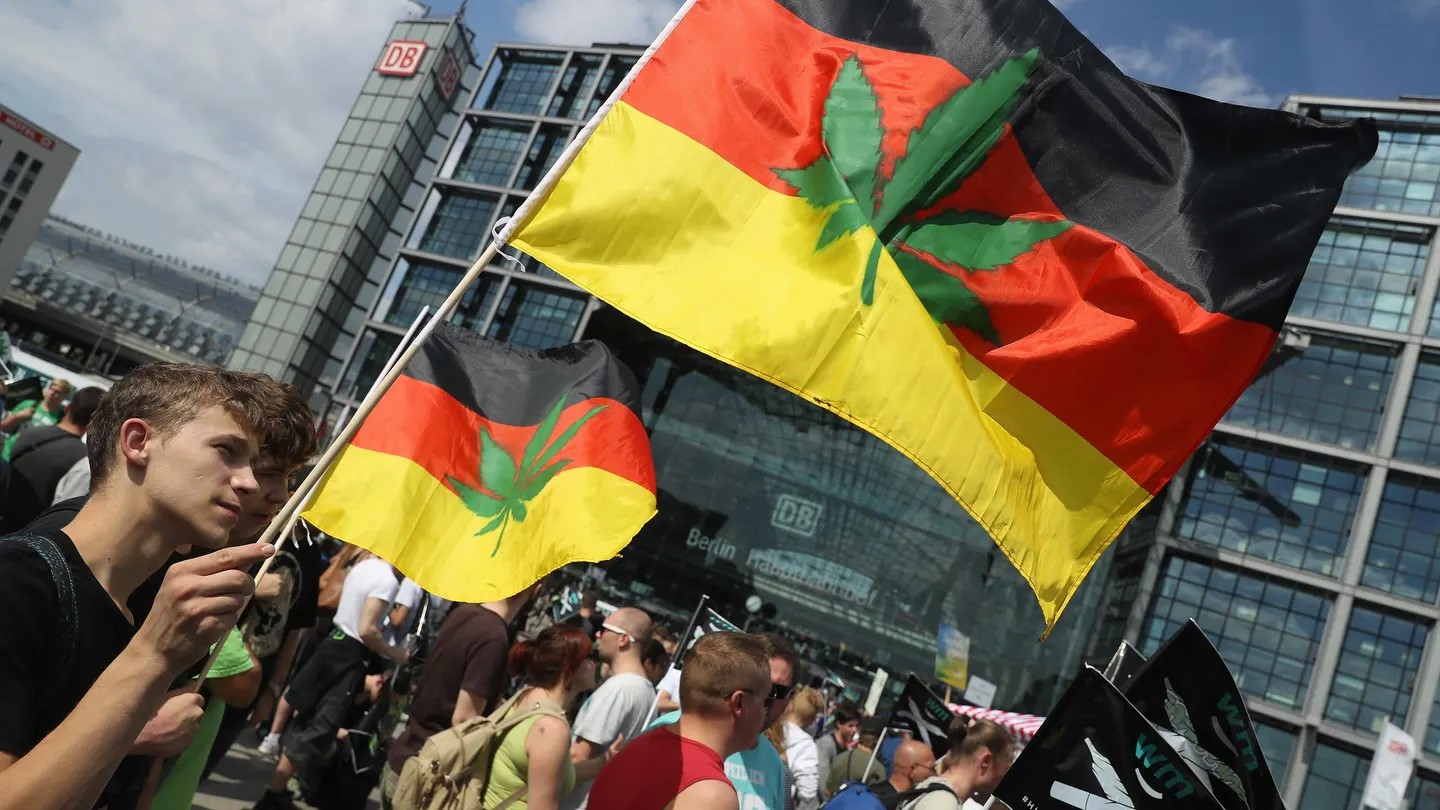The decriminalisation of marijuana was approved by the German Parliament in a historic decision that will ultimately lead to its legal status for adults. The law, which is a component of the three-party coalition government in the nation, intends to legalise adult use of cannabis at home and criminalise its possession. It also permits non profit cannabis clubs to provide their members with supplies.
Karl Lauterbach, the German Health Minister, acknowledged the move away from stigma and punishment and emphasised the significance of acknowledging the issues related to marijuana. Hailed as a landmark move, the legislation will allow Greece to become the first EU nation and the second G7 nation to legalise adult use in Canada.
Hier meine Rede für die Legalisierung #Cannabis. Die bisherige Verbotspolitik ist gescheitert. Mehr konsumierende Kinder, mehr Schwarzmarkt, toxische Cannabisprodukte, steigende Kriminalität. So geht es nicht weiter. Aufklärung statt Verbote, ohne Schwarzmarkt sind bessere Lösung https://t.co/E1I0bKuxR7— Prof. Karl Lauterbach (@Karl_Lauterbach) February 23, 2024
Kеy Points:
Rеstrictions on Cultivation and Possession:
- Adults who are at least eight years old are permitted to possess up to 25 grammes of cannabis and grow up to three plants at home.
- Cannabis clubs may provide up to 500 members with a monthly limit of 50 grammes per member.
THC Limit for Persons Between the Ages of 18 and 21:
- restricting the use of cannabis psychoactive components and THC to people between the ages of 18 and 21 in an effort to lessen negative effects on developing brains.
Effects on the Market for Medical Cannabis:
- removal of cannabis as a narcotic substance in Germany, benefiting existing medical marijuana operators.
- lowered barriers for individuals to become cannabis patients and simplified prescription processes for doctors.
Criticisms:
Despite the legislative success, some concerns linger, especially within Chancellor Olaf Scholz's centre-left SPD party. Opposition centred on the absence of controlled distribution in licenced stores, potentially hampering efforts to combat organised crime and alleviate the burden on the police.
A significant worry among MPs is the perceived lack of adequate protection for children, with concerns about prohibition zones near playgrounds and schools.
Whats Next:
The decriminalisation legislation now moves to the Bundesrat, consisting of regional state representatives. If there are no objections, the first part of the bill, legalising cannabis possession and home cultivation, could take effect by April 1. The second part, regulating cultivation in cannabis clubs, is set for July 1.
However, the Bundesrat may use its right to convene a "mediation committee" within three weeks to address disagreements. Despite reservations from some state governments, the Bundestag can still overrule objections.
This decriminalisation legislation is the "first pillar" in a two-step plan, with the "second pillar" expected to establish municipal five-year pilot programmes for state-controlled cannabis sales in licenced shops.
While implementation details are being finalised, cannabis companies, including those abroad, express excitement for the possibilities in the German and European markets.
Media inputs: AP
ⒸCopyright 2024. All Rights Reserved Powered by Vygr Media.

























